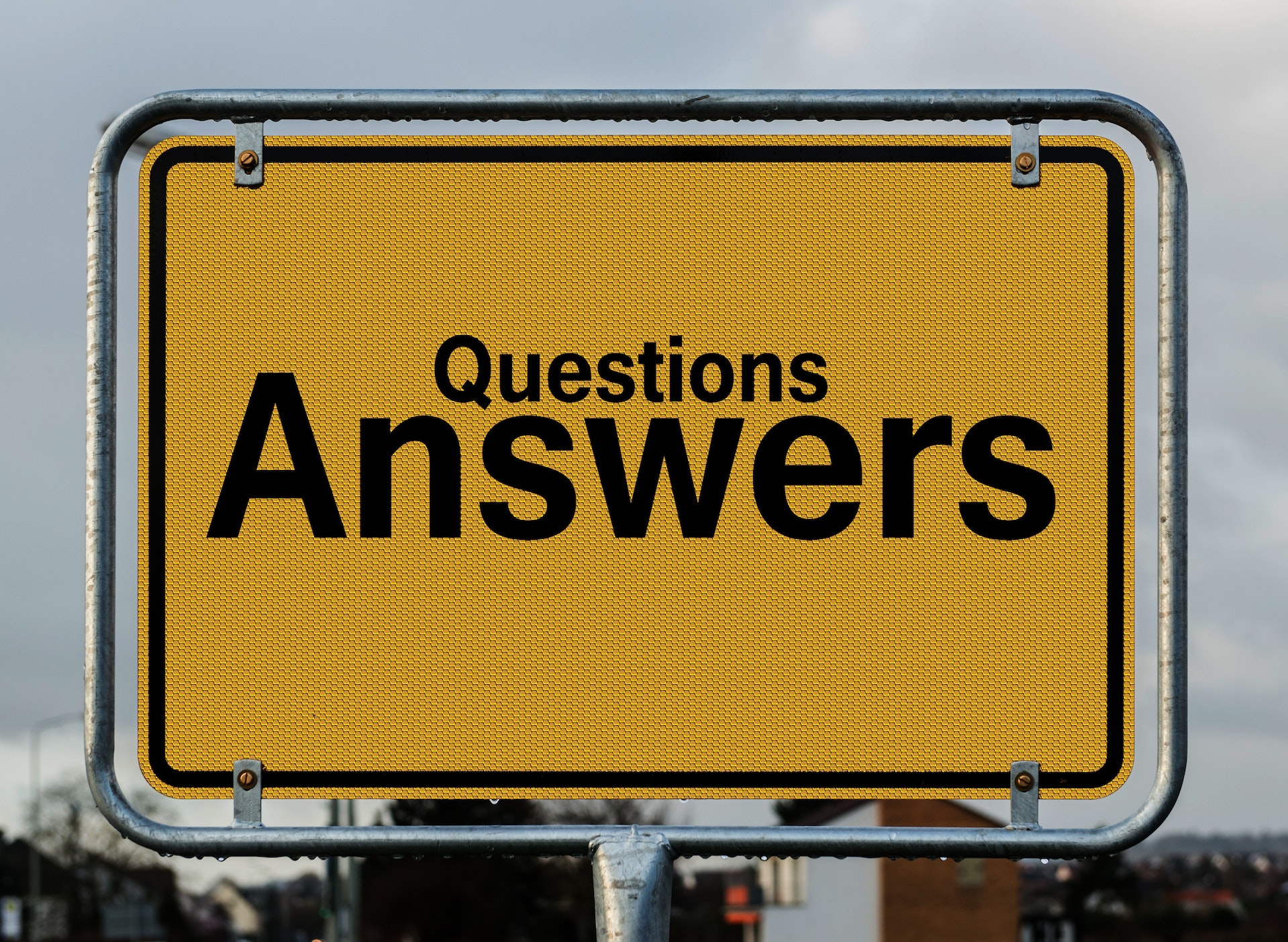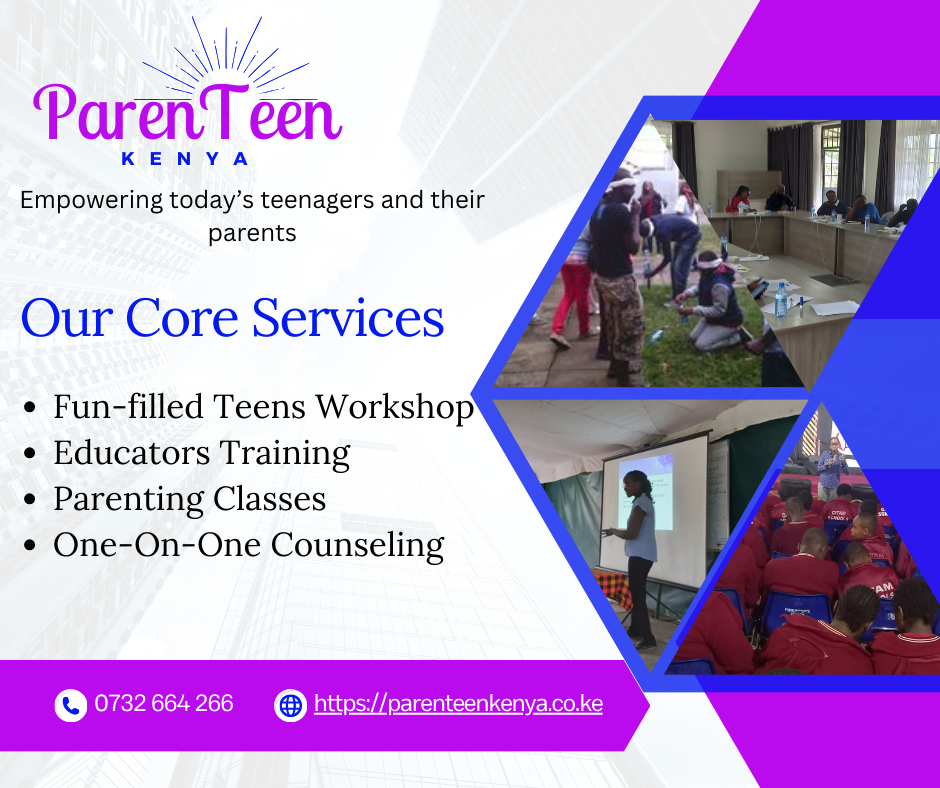Having meaningful conversations with teenagers is a challenge for many parents.
Teens tend to give short, closed-off responses like “fine,” “okay,” or “I don’t know” when asked about their day or feelings.
However, with open-ended questions, parents can engage with teens on a deeper level.
Open-ended questions encourage teenagers to provide detailed responses, share their perspectives, and talk about topics they find meaningful. This allows you to gain insight into your teen’s life, thoughts, and emotions.
The idea is to ask questions that call for explanatory responses beyond just one or two words. You should create an open, judgment-free environment and give your teen time to gather their thoughts before responding.
In the next section, we will discuss the importance of open-ended questions, give you some practical examples, propose ideas on how to ask follow-up questions, and suggest ways to overcome challenges that may arise.
Importance of Using Open-Ended Questions

In your parenting journey, understanding the importance of using open-ended questions can be a game-changer when it comes to communicating effectively with your teenager.
These questions are not just conversation starters; they help you have meaningful discussions and build a stronger, more trusting relationship with your child. Other advantages of using open-ended questions include:
- Allows your teenager to explain their thoughts, perspectives, and emotions, providing you with real insight into their inner world.
- Shows your teen that you are genuinely interested in what they have to say. It demonstrates you want to listen and understand them.
- Gives your teenager the space to share as much as they want. The ball is in their court to provide as little or as much detail as they are comfortable with.
- Promotes back-and-forth conversation because it allows you to ask follow-up questions.
- Avoids putting words in your teen’s mouth because they must come up with their own responses.
- Help build trust and strengthen your bond because teens open up more when they feel heard.
Using open-ended questions isn’t just about making conversations longer; it’s about making them more meaningful.
Learn more: 4 Terrific Ways to Connect with Your Secretive Teenager
Examples of Effective Open-Ended Questions
As we have seen, having regular conversations with your teen is important, but getting more than one-word answers can be challenging.
The key is asking open-ended questions—ones that require explanatory responses beyond just “yes” or “no.” The following table outlines examples of open-ended questions and how it helps to encourage a conversation.
| Example of an Open-Ended Question | How It Helps to Communicate with Your Teenager |
| “What was the best part of your day today?” | Encourages sharing positive moments, fostering a positive atmosphere. |
| “What are you looking forward to this week?” | Explores your teen’s interests, plans and helps you connect with their future. |
| “How did you feel when that happened?” | Gives your teen a safe space to express and discuss their emotions. |
| “What do you think about that idea?” | Invites your teen to share their honest opinions and encourages critical thinking. |
| “Tell me about your friends—what are they like?” | Builds understanding of your teen’s social world and peer relationships. |
| “What are some goals you have for this school year?” | Uncovers your teen’s motivations, and ambitions, and sets the stage for goal-setting discussions. |
| “What do you love about ____?” | Uncovers your teen’s passions and interests, helping you connect on shared hobbies. |
| “How can I better support you?” | Seeks your teen’s viewpoint on your relationship, reinforcing your commitment to their well-being. |
How to Follow Up for Clarification and Expansion
One afternoon, Furaha was eager to connect with her son, Aswani, who seemed preoccupied. She began by asking, “Aswani, can you tell me about your day at school?” Aswani responded with a detached, “It was fine.”
Sensing there might be more to it, Furaha persisted, asking, “What happened that made it fine? Anything interesting or challenging?” “It wasn’t all that good,” Aswani answered. “Tell me more about it….” was Furaha’s response.
Fred, initially vague, eventually revealed that he had faced a tough math test. Furaha’s persistence with follow-up questions allowed Aswani to share his concerns. It led to a productive conversation about his academic worries, providing him with the support he needed.

Tips to Asking Follow-Up Questions
- Don’t just move on to the next question after your teen answers. Ask follow-ups for clarity like “What makes you say that?” or “What do you mean by that?” to get clarification.
- When your teen mentions people, places, or events you’re unfamiliar with, ask for more details. “Tell me more about your friend Wangeci” or “How was the visit to Nairobi National Park?”
- If your teen shares a quick answer, prod gently by asking, “Could you give me an example?” or “What was that particular experience like for you?” to pull out more.
- When your teen expresses emotions or opinions, dig deeper by asking, “When did you start feeling this way?” or “What shaped your perspective on that?”
- If your teen is opening up about a challenge, empathize and ask, “How can I support you through this?” or “What do you think would help improve things?”
- When your teen uses vague language, tactfully follow up with “What exactly do you mean by ______?” so you understand fully.
- If you get a mumbled or brief answer, say calmly, “I didn’t quite get that, could you explain a little more about what happened?”
As you ask follow-up questions, ensure it doesn’t come out as interrogations or snooping for information. Let your teenager know you are genuinely interested in them and their lives.
Potential Challenges and How to Overcome Them

Accomplishing any goal in life comes with its own share of challenges, including the commitment to have meaningful conversations with your teenager.
Understanding these obstacles and how to overcome them is essential to nurturing a healthy parent-teen relationship. The table below illustrates the challenges you may face and how to address them.
| Potential Challenge | How to Overcome |
| One-word answers or minimal responses | Be patient, ask follow-up questions, rephrase questions, but avoid flooding with questions |
| Defensiveness or feeling pried into | Explain that you just want to understand their perspective. Don’t push sensitive topics too quickly |
| Shutting down questions about school and friends | Focus on interests and hobbies first, then circle back |
| Not having an answer yet | Give time to reflect and allow silences |
| Conversations about risky behavior | Listen without judgment and reinforce support |
| Irritation or upset | Stay calm, give space if needed, but make yourself available to talk |
| Reluctance to open up | Keep questions low-pressure and be consistent over time |
The key is being patient, non-judgmental, and understanding. With time and persistence, using open-ended questions will lead to a deeper connection.
ParenTeen Kenya helps parents and teenagers enjoy a fulfilling relationship. We offer parenting classes with relatable lessons like this one on communication. We also organize teen workshops and empower them with practical life skills.
Our compassionate counselor provides one-on-one counseling to teenagers struggling with various life challenges. Contact us today and let us know how we can be of help.
Images by Pexel and unsplash
Jane Kariuki is a devout Christian, Clinician, Psychologist, and founder of ParenTeen Kenya. She authored an exceptional training manual used in her teens’ workshop and an instructional guidebook for her parenting classes. If she is not training, blogging, or counseling, Jane loves to spend time with her sweet husband and three children.









[…] calm, open-ended questions if your teen is defiant; avoid […]
[…] frequent communication with teachers, coaches, and other authority figures in their teen’s […]
[…] Related: Talking with Teens: A Parent’s Guide to Using Open-Ended Questions […]
[…] opportunities for casual conversation without […]